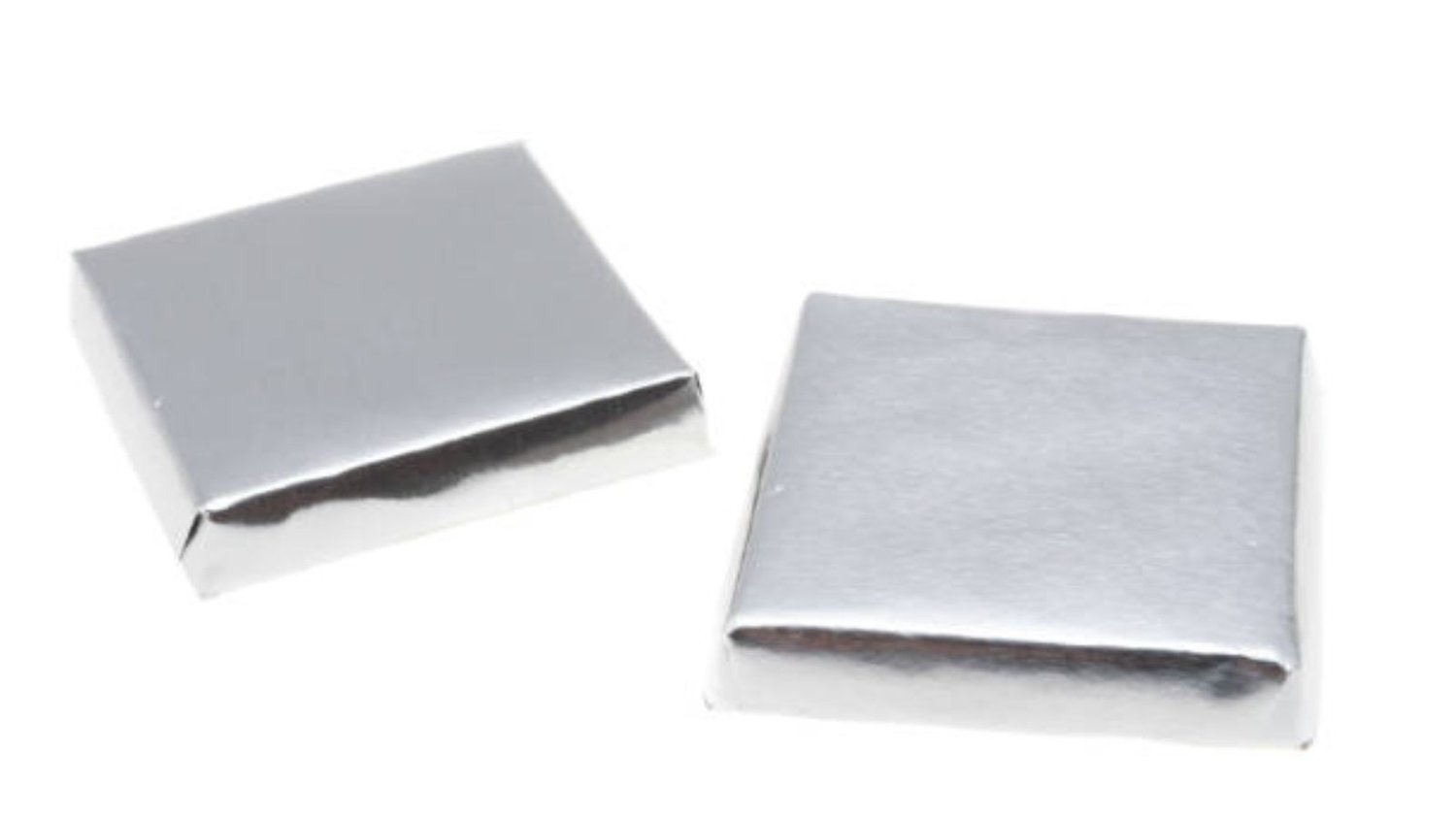The Advantages of Roller processing materials
Roller processing materials refer to the use of rollers to process raw materials into finished products. This innovative process has been gaining popularity in recent years due to its numerous advantages. In this article, we will explore the different prospects of the keyword "Roller processing materials".
1. What is Roller Processing Materials?
Roller processing materials, also known as roll-to-roll processing, is a manufacturing process that uses rollers to process raw materials into finished products. This process is commonly used in the production of electronic devices, solar cells, and other products.
2. Efficiency
One of the primary advantages of roller processing materials is its high efficiency. The use of rollers allows for continuous processing, resulting in faster production times and increased output.
3. Precision
Roller processing materials also offer a high degree of precision. The use of rollers ensures accurate and consistent results in the production of finished products.
4. Cost-Effective
Roller processing materials can be more cost-effective than other manufacturing processes. The use of rollers reduces waste and minimizes production costs, resulting in a more affordable product.
5. Versatility
Roller processing materials can be used to manufacture a wide range of products. This process can be applied to materials such as paper, plastic, metal, and glass.
6. Scalability
Roller processing materials can be easily scaled to meet the demands of different production needs. As production requirements increase, additional rollers can be added to the process to increase output.
7. Consistency
Roller processing materials offer high levels of consistency in the production of finished products. This ensures that the final product meets the required standards and specifications.
8. Environmentally Friendly
The use of roller processing materials can be more environmentally friendly than other manufacturing processes. This process generates less waste and consumes fewer resources, resulting in a smaller environmental footprint.
9. Improved Product Quality
The use of rollers in the manufacturing process allows for improved product quality. This process can be used to create smooth surfaces, precise edges, and consistent thickness.
10. Conclusion
Roller processing materials offer numerous advantages in the manufacturing process. From increased efficiency to improved product quality, this innovative process is quickly becoming a popular choice for manufacturers around the world.

